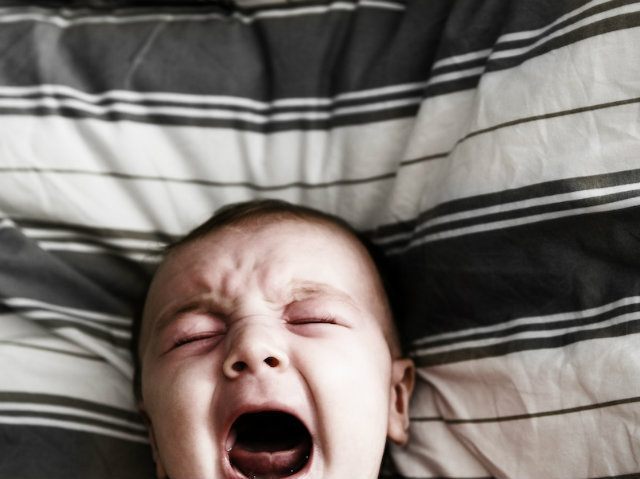If we don’t stop climate change very soon our children will die.
So warns the American Academy of Pediatrics in a policy statement “urging pediatricians and politicians to work together to solve this crisis and protect children from climate-related threats including natural disasters, heat stress, lower air quality, increased infections, and threats to food and water supplies.”
But if the Academy’s report is to be believed, climate change is so dangerous it may already be too late.
Here are just a few of the terrible child-related death scenarios in which it is implicated:
- Infants less than one year of age are uniquely vulnerable to heat-related mortality, with one study projecting an increase in infant heat-related deaths by 5.5 percent in females and 7.8 percent in males by the end of the 21st Century.
- Climate influences a number of infectious diseases that affect children across the world, including malaria, dengue fever, West Nile virus, Chikungunya, Lyme disease, Rocky Mountain spotted fever, diarrheal illness, Amebic Meningoencephalitis and Coccidioidomycosis.
- The number of deaths in American high school and college football players from heat stroke has doubled from 15 to 29 from 2000-2010.
- There is an emerging concern that increased atmospheric CO2 impacts grain quality, lowering the protein content of the edible portions of wheat, rice and barley.
- High rates of post-traumatic stress disorder symptoms have been found in children following climate-related disasters, including hurricanes and floods.
- Children in the world’s poorest countries, where the disease burden is already disproportionately high, are most affected by climate change.
- In 2030, climate change is projected to cause an additional 48,000 deaths attributable to diarrheal disease in children younger than 15 years old, primarily in Asia and sub-Saharan Africa.
The report’s authors appear to be unaware that there has been no global warming since 1998, that malaria has nothing to do with “climate change”, that CO2 is widely considered to be boon to agriculture, that there has been no increase in hurricanes and that computer projections of what climate change might be doing in 2030 and how much diarrheal disease this might cause have all the predictive reliability of leaves at the bottom of a tea cup.
Perhaps it would have been wiser to have avoided all the awkward science-y stuff and cut to the chase:
Global warming is bad because: think of the children!

COMMENTS
Please let us know if you're having issues with commenting.